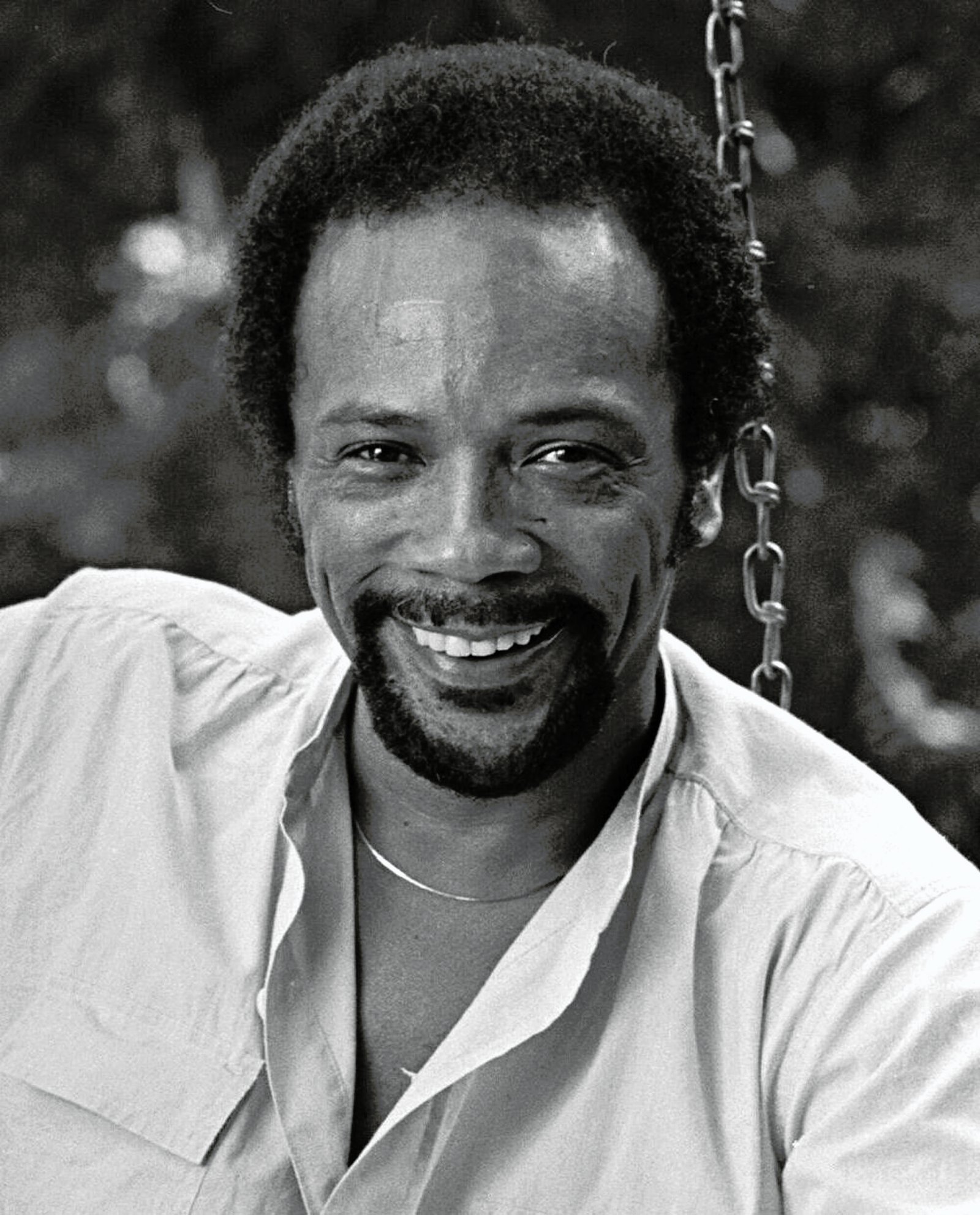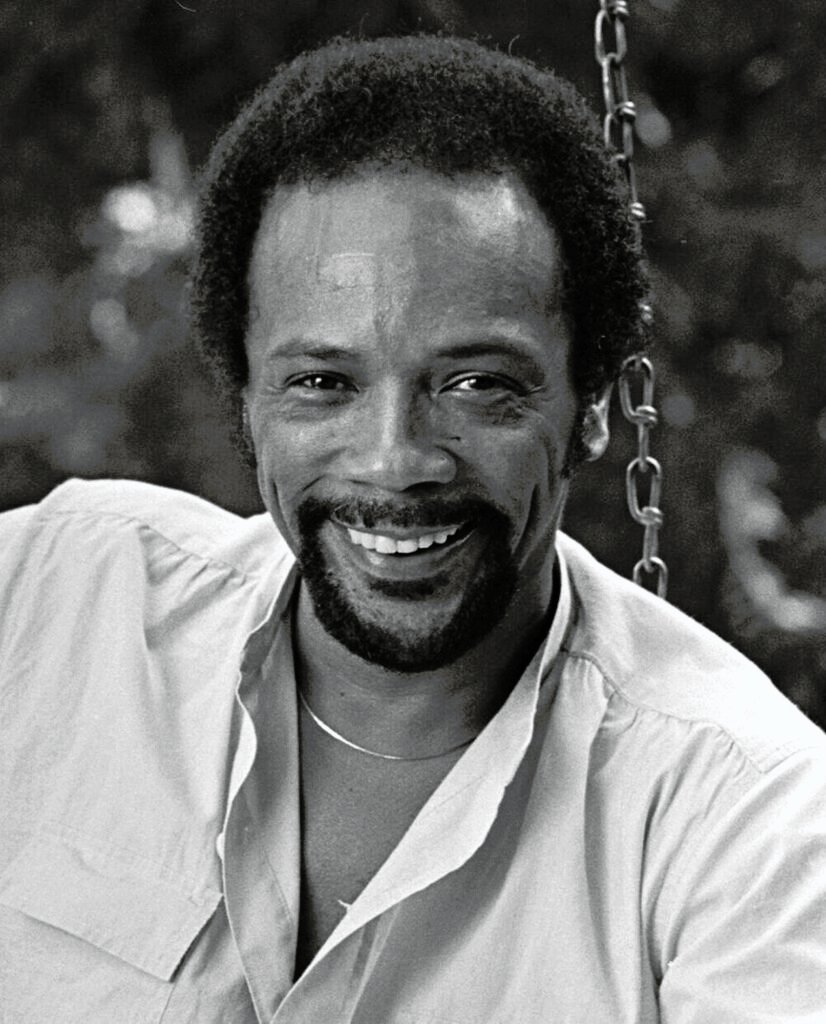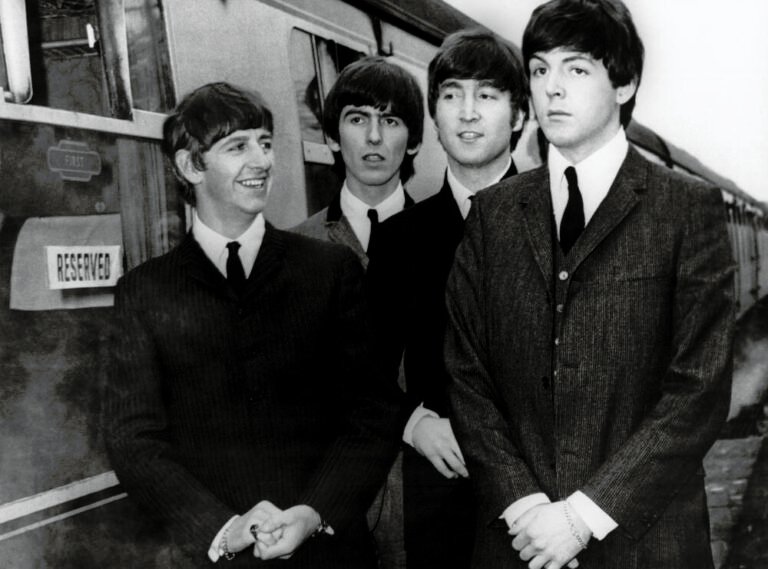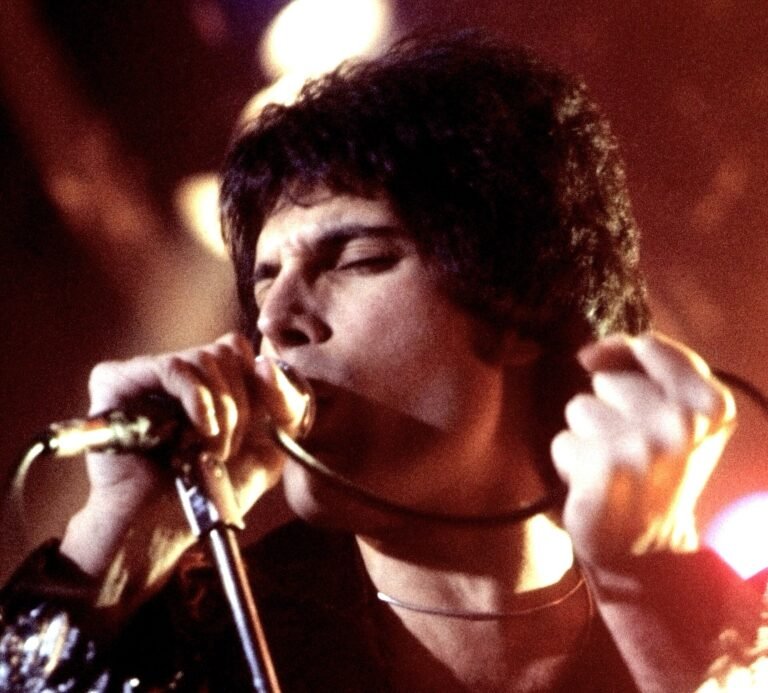
When Michael Jackson told Epic Records he wanted Quincy Jones to produce his next album, the label pushed back. They did not think Quincy was the right fit. They thought he was too jazzy, too experimental and too far from the pop direction they believed Michael should follow. What happened next changed music history forever.

The Label’s Doubts
In a later interview, Quincy explained that Epic was unsure about him from the start. He said the label worried his background in jazz and film scoring would not match the sound they wanted for Michael. According to a report from Reuters, Quincy said:
“Epic executives worried that I was too jazzy for the project.”
This was the main concern. They saw Quincy as a musical genius, but not the type of producer who makes chart friendly pop hits. They simply did not get it yet.
Michael Wanted Quincy
Michael ignored the doubts. He trusted his instincts and pushed ahead with the collaboration. He met Quincy on the set of The Wiz, and the two connected creatively almost instantly. Michael believed Quincy could help him create something that sounded fresh, emotional and different from anything else in pop at the time.

Biographers have repeatedly pointed out that the decision came from Michael, not the label. The partnership is also detailed in Britannica, which explains how Quincy and Michael formed a tight artistic bond long before the success of Off The Wall and Thriller.
The Result: A Masterpiece Epic Never Saw Coming
Off The Wall was released through Epic in 1979, with Quincy producing every track. The album delivered four top ten singles and became a global success. It shocked executives who originally doubted the pairing. Full details are listed in AllMusic which shows how the record became a landmark in funk, pop and R&B.
Critics praised the sound, the groove, the arrangements and the warmth of the production. Instead of being too jazzy, Quincy brought a level of musical depth that pop music rarely had at the time. His background ended up being the exact thing the album needed.
Why Epic Was Worried
Looking back, the label’s concerns make sense from a business viewpoint. Quincy was not known as a commercial pop hitmaker then. He was known for jazz, film work, arrangements and more experimental styles. Epic wanted safe pop. Quincy delivered something sophisticated, rhythmic and bold instead.
This internal friction is common in the music industry. Labels want predictable success. Artists want new ideas. Producers want to push limits. Off The Wall is one of the best examples of what can happen when an artist chooses vision over safety.
Key Quote From Quincy
During a conversation years later, Quincy said something that summed up the whole experience:
“You have to take risks in this business. Safe choices do not make history.”
The interview is discussed in Uncut where he reflects on how labels think compared to how artists think.
Off The Wall Became The Blueprint
What started as a collaboration the label never wanted became the foundation for Thriller, the best selling album of all time.
Off The Wall proved that giving artists freedom works. It proved that producers outside the pop box can shape the entire direction of the industry.
The irony is that Epic’s initial doubt helped create one of the greatest producer artist partnerships ever recorded.




